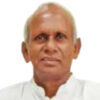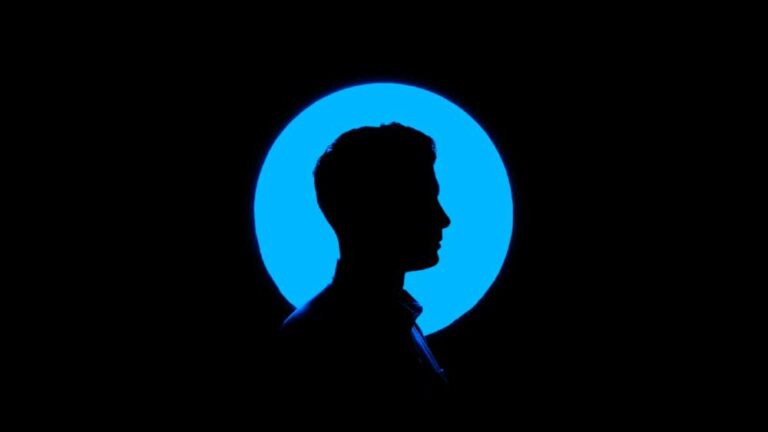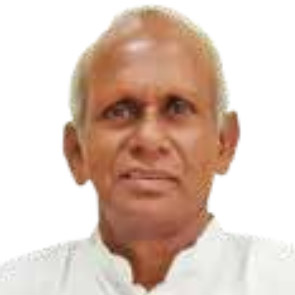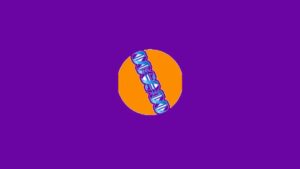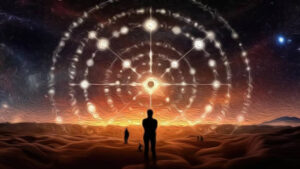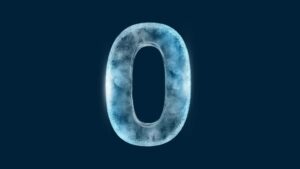We all experience both pleasure and pain from seven identities. First is our identification with our names, given to us by our parents. It is our first identity, and we are recognized and remembered by this original identity even after death. Second is the identification of ourselves with our castes and various denominations provided to us by our parents as we grow. It is quite effective in all aspects of daily life, including work environments, educational institutions, and social settings. Third is we identify ourselves with our families, of which we are members for our growth, support, and security. These three identities are social.
Our location of origin makes up our fourth identity. It is geographical. Our career makes up our fifth identity. We identify ourselves with our professions and occupations as a police officer, professor, employee of the government, politician, and so forth till death and we are remembered and recognized by these professions even after death. The sixth one is that we identify with the concepts and perceptions we have amassed over time and they are in the subconscious. Our destiny is determined by the thoughts and impressions that are stored in our subconscious. Our responses and reactions to umpteen situations in life are guided by the subconscious memory. They in turn determine our character and personality. We develop together with the notions, and we conceptually define who we are. The concepts, however, aid in the expansion of knowledge. Finally, our body is the last identity. We identify with our bodies as if they were eternal.
All of the identities described above are practical and utilitarian. We cannot survive without them in the world; thus, we cannot escape them. We do not, however, acknowledge the opposite side of the utilitarian function of these identities, which is that they further divide and alienate us on a physical and psychological level. They pose substantial obstacles to our spiritual and inner growth.
Let’s take some time to reflect. What brought us into this world? With what identity? When we pop out from our mothers’ wombs, we are nothing. We carry none of the aforementioned identities. We are simply a form in flesh and blood. Even the bones are tender, yet to form. As was mentioned before, we have developed a variety of identities as we grow and live with them. In course of time, all of the aforementioned identities define us what we are and what we are not. So, it is pointless to talk about what is farther away like God.
So, let’s start by addressing these identities we’ve given ourselves and imposed upon ourselves. These identities may help us grow to achieve our personal and material goals and aid in our development and success. These material objectives by themselves are insufficient to balance our lives. As a result, we must go inward to determine if we can achieve harmony between our inner and exterior progress. All seven identities are unnecessary when we look inward. But we will find it difficult to move forward with the inner unless we clearly understand our separation from these identities.
A middle-aged professor once went to see an ordinary man who was the epitome of wisdom and lived on the outskirts of a village.
“My name is Professor Z, and I teach physics. I have travelled to Germany, Australia, Canada, the United Kingdom, and New Zealand. I’m here to acquire wisdom.” The words came flying out of his mouth like confetti.
“Who are you?” The ordinary man continued.
“I am Professor Z.”
“Who are you?” The ordinary man insisted.
“I am Professor Z.”
The ordinary man yelled, “Get lost,” pointing to the monkey perched on the branch. The professor left disappointed and went back to his house. A week later, he went back to the ordinary man who had seemed and sounded unusual to him.
The ordinary man discovered the professor sitting in a corner of the cottage with his eyes closed after returning from his routine labour in the fields.
The professor quickly caught up to the angry ordinary man as he struck him hard.
The following day, he went back to the ordinary man, who drove him across the fields. The professor was closely observing everything as he followed the ordinary man, who was as usual engrossed in his task.
“What are you watching?” The ordinary man surprisedly inquired.
“Nothing.” The professor responded.
“Are you certain you’re not just watching nothing?”
The ordinary man pointed at a weird plant and inquired, “What is it?”
“I’m not sure.”
“Are you certain you have no knowledge of it?”
“I am just watching because I don’t know the language by which it is identified.” The professor replied with assurance.
The professor merely followed the ordinary man as he made his way to his hut, keeping an unmediated eye on the surroundings.



